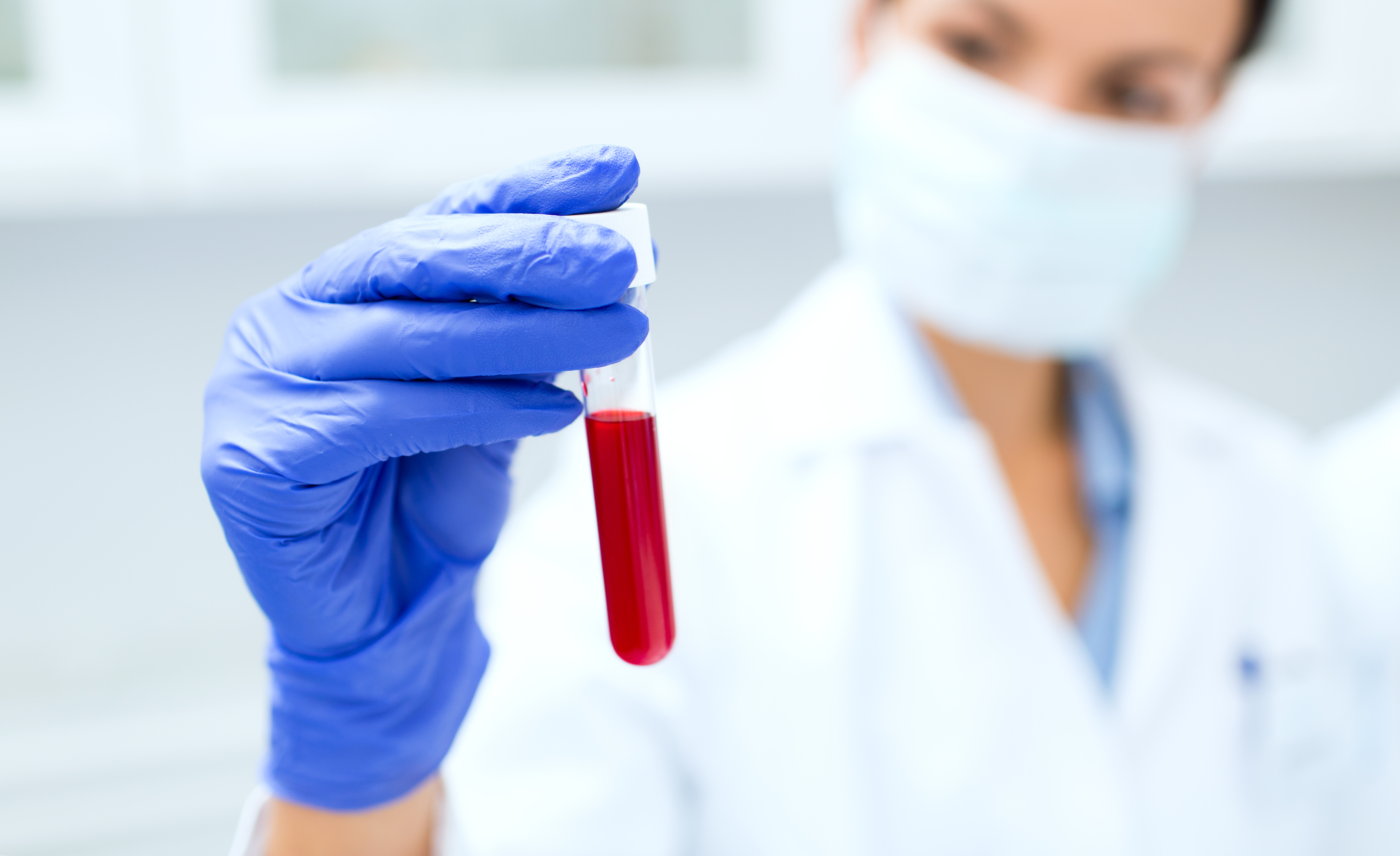
“When we find the diet that works best for us, our digestion improves, we feel increased energy, and troublesome symptoms such as unexplained weight gain, brain fog, puffiness, and joint pain are reduced or alleviated,” said Dr. Frank Lipman,
a functional medicine doctor and founder of the high profile Eleven Eleven Wellness Center in New York City.
Related: To Salt or Not To Salt
IgG Testing:
Probably the most popular of food intolerance blood tests, with multiple versions on the market, is the IgG test, which looks for the antibody immunoglobulin G in response to a certain food, with the theory that the antibody is fighting off the food.
Results from these tests rank reacting foods from non-reacting to mild to severe. In Kastrati’s office, they ask the patient to remove all of the foods for about eight to 12 weeks, while adding gut-healing products like probiotics and fish oil. A rotating meal plan with the best foods for the patient is included in results of the test to offer optimal nutrition. After that, the patient can reintroduce the problem foods one at a time to see if they are tolerated.
More traditional doctors like Robison feel that there is not enough research to validate these tests, and sites research that the presence of IgG might actually be a measure of food tolerance, “linked to the activity of regulatory T cells.”
Lipman said that he no longer uses food intolerance testing in his practice, instead favoring elimination diets while healing the gut.
“I am not convinced that the IgG tests are that accurate and they seem to not be consistent, which I think is a result of a changing microbiome,” Lipman said.
Holistic practitioners who use the test with patients advocate for it. Chad Larson, N.M.D, D.C., a naturopathic doctor and a chiropractor in Solana Beach, Calif, uses a test through Cyrex labs that measures both IgG and an additional antibody- IgA.
He said his patients have had alleviated symptoms when they remove the “bad” foods on their test results and ate the recommended foods.
“These tests are as accurate as the immune system’s reaction in the patient is,” he said. “It’s not going to be accurate if there is some kind of immune suppressant present, like a corticosteroid, like prednisone that suppresses antibodies.”
Cost: Some tests, such as those that also include IgA testing might be covered in part by insurance, but for the most part, expect to pay for these tests out-of-pocket, with prices ranging from about $300 to upwards of $1000, depending on how comprehensive the test is. Many tests’ costs also include a meal plan with approved foods.
Where to get tested: Look for more natural practitioners, such as integrative or functional medicine doctors or chiropractors. Individual labs can may offer practitioner searches on their websites.


